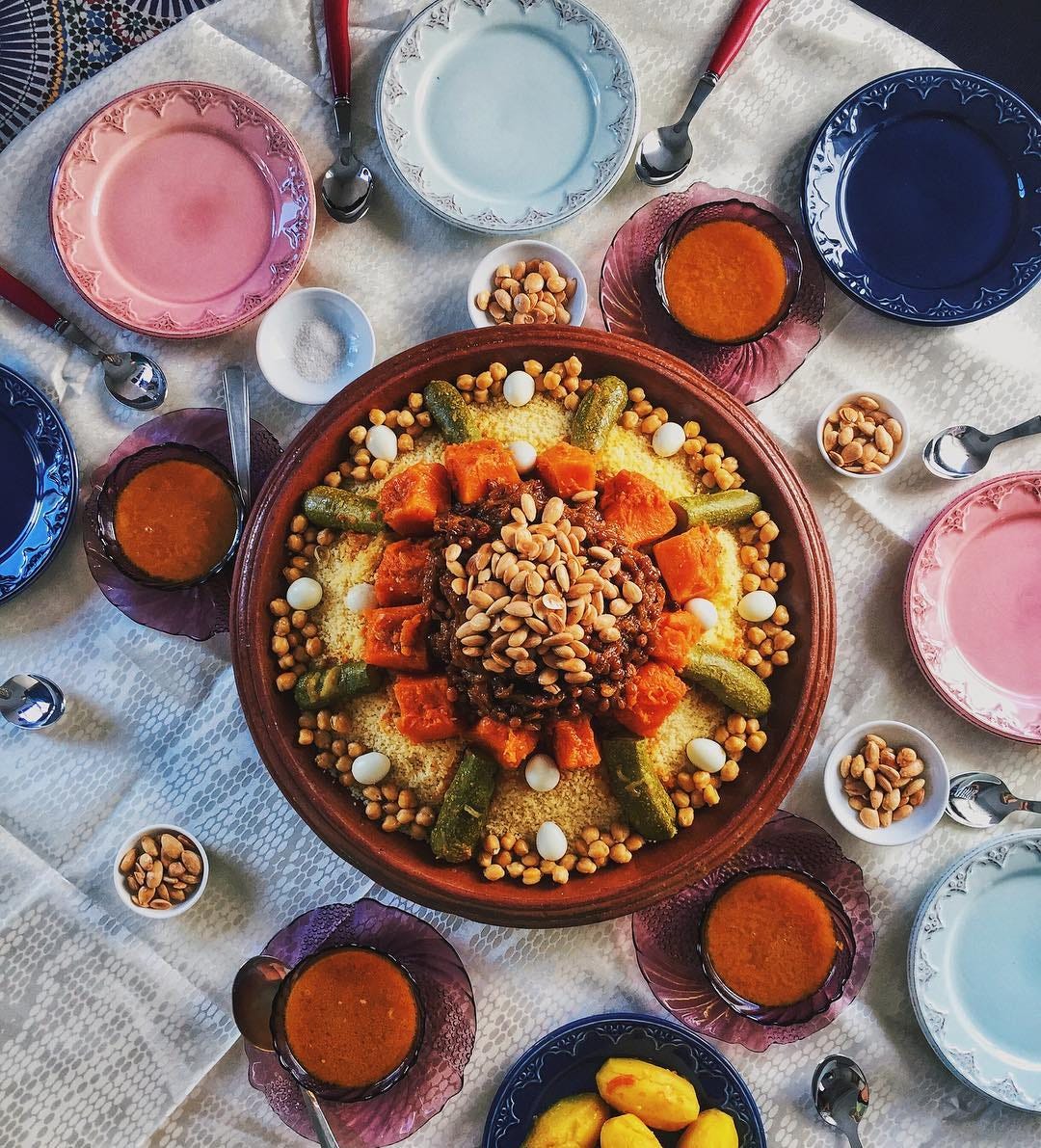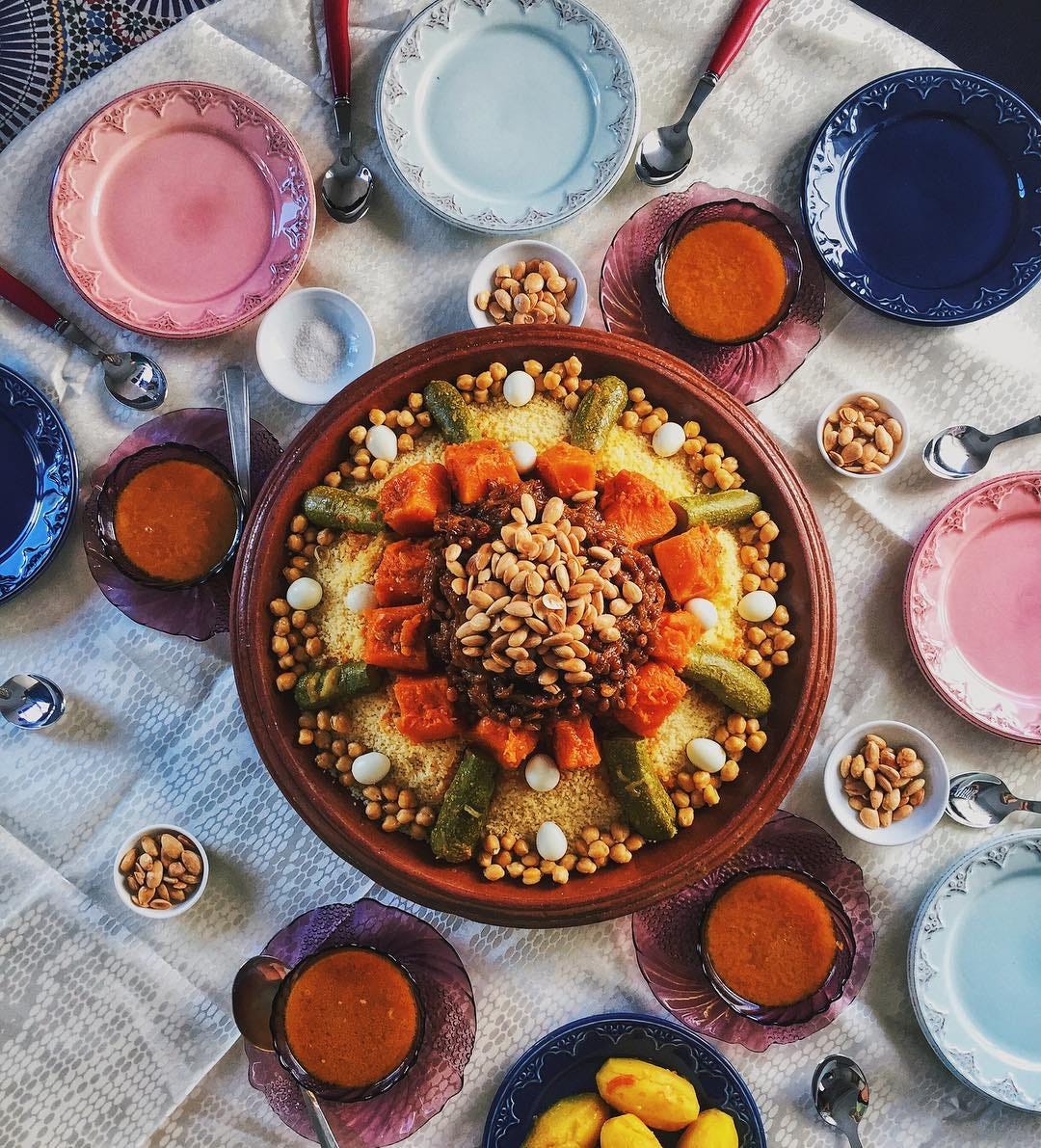I am in Rabat, Morocco at the 5th ISA Forum of Sociology organized by the International Sociological Association (ISA). ISA was founded in 1948. Late 1940s were more promising times in terms of internationalism, I guess. UNESCO and the United Nations encouraged ISA “to knit together social science scholars of the world…. with the expectation that this will increase international understanding …. to raise the level of social science research in the belief that greater knowledge in these fields will benefit [hu]mankind to promote research in fields crucial to the establishment of a peaceful world order….”.
I have been a member of ISA for over 35 year
s now and has been working as a members of one of its research committees (RC40, ISA Research Committee of Sociology of Agriculture and Food) all those years and served as a members of the executive and its Secretary during the late 1990s, early 2000s.
RC40 was like a summer school for me: a camp with excellent teachers, colleagues and friends I would work together, motivated to ask questions, seek answers collectively and be inspired.
Many of my former teachers and colleagues are no longer with us: Monika Bendini, Larry Busch, Fred Buttell, Bill Friedland, Bill Heffernan, Tom Lyson, Susan Mann, Miguel Murmis….
Others who were not present at our meeting in Rabat, such as Motoki Akitsu, Reidar Almås, Carmen Bain, Alessandro Bonanno, Hugh Campbell, Salete Cavalcanti, Maria Fonte, Harriet Friedmann, David and Michael Goodman, Maki Hatanaka, Marry Hendrickson, Midori Hiraga, Shuji Hisano, Hiroshi Isoda, Bill Lacy, Stewart Lockie, Terry Marsden, Phil McMichael, Pat Mooney, Manuel Belo Moreira, Re Elizabeth Ransom, Marie Christine Renard, Ray Jussaume, Geoff Lawrence, Bill Pritchard, Keiko Tanaka, Frank Vanclay, Surichai Wun’gaeo and our hosts in past-conferences in Canada, Germany, India, Japan, Mexico, Spain, Sweden a longer list, are among those who deserve to be remembered for their contributions.
RC40 and IJSAF provided space for critical agri-food studies and for what late Michael Burawoy called, public sociology.
Public sociology envisioned a discipline, providing more than methods to study or theories to analyze our social environment, but promised of a just, peaceful and prosperous world for all. From Comte on sociology carried the dream of a better world. Public sociology aimed to widen this invitation: a better world not just for monarchs, oligarchs and autocrats but for all where humans can live in harmony with nature, with other species and with each other.
I have been reading the history and travelling in different parts of the MENA region in recent years. Morocco was one of these stops. Everywhere I went, I saw the signs of better times in the past where communities lived in harmony and shared their prosperity. I also saw the signs of bad times of death, destruction and poverty where peace and justice was denied to some, often to most.
Sociology as a discipline and RC40 as a long time member of the ISA should have continue to be a space for dialogue and catalyst for a peaceful and just world. We have to realize that the future depends on our ability to communicate our message to our public, resisting the language of hate, colonialism, imperialism and all sorts of domination. Can we imagine a sociology for tomorrow?






I like 'public sociology', somewhat parallel to 'public nutrition' which developed some 25-30 years ago! both more needed than ever but... the times, they are a changing... will we learn in time....